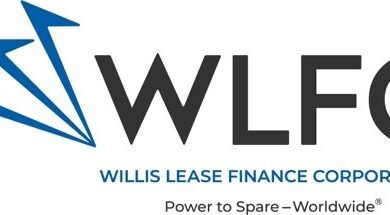Whoever wins, closed-end funds lose

As one of the leaders of the passive-investing revolution, BlackRock is usually a disruptive force in the financial world. But the asset-management giant’s battle with Saba Capital, an activist fund, has cast it in an unfamiliar role: as besieged incumbent. Ten of BlackRock’s investment vehicles, known as closed-end funds, are in Saba’s sights.
The funds—worth nearly $10bn based on current share prices—run at a steep discount to the value of the assets in their portfolios. Like publicly listed firms, closed-end funds sell shares in an initial public offering and trade on secondary markets. Since they do not offer new shares to incoming investors, as mutual and exchange-traded funds do, their share prices are able to drift far from the value of their assets. Boaz Weinstein, Saba’s founder, wants BlackRock’s funds to offer to buy back shares from investors, pointing to a history of poor returns. He argues that if investors could exit at the full value of their assets, some $1.4bn in value would be unlocked. Saba is also promoting a slate of nominees to the funds’ boards at shareholder meetings scheduled across the second half of June. These representatives will, it says, negotiate for lower fees.
Source link





